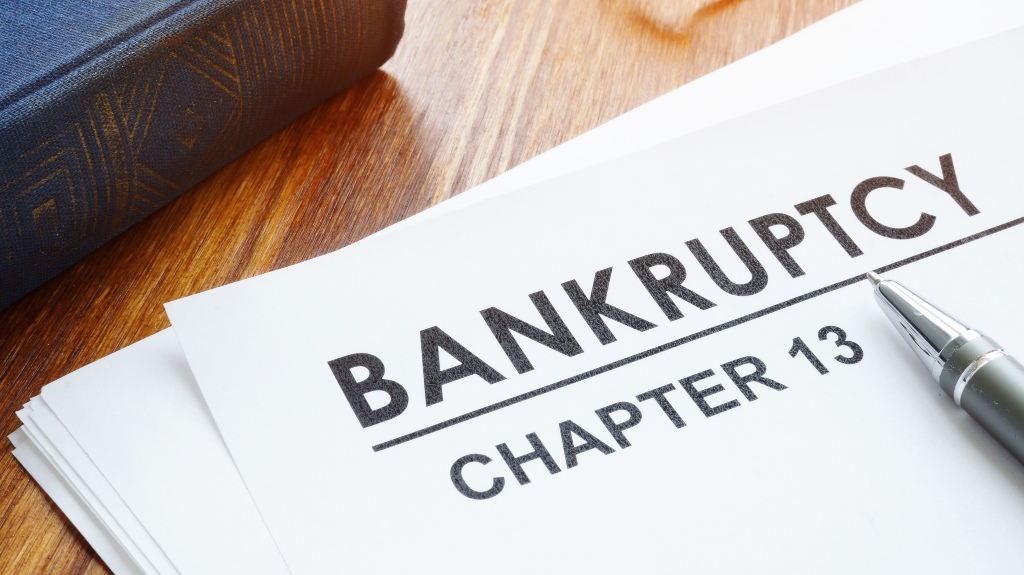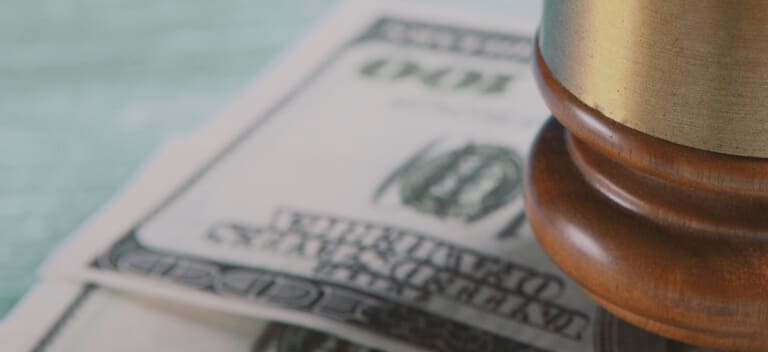Chapter 13 Bankruptcy Attorneys Greensboro NC
For most individuals, there are two main types of bankruptcy that may be helpful: Chapter 7 and Chapter 13. The goal of both types of bankruptcy is to allow you a fresh start. The only way to get that is to be open, honest, and frank with yourself and us about your financial situation. We will look at all of the advantages and disadvantages of bankruptcy and of work outs outside of bankruptcy and help you make the best decision on the way forward for you.
Chapter 13 Bankruptcy
Sometimes called reorganization or a wage earners plan, a Chapter 13 Bankruptcy is available for any debtor who has a regular source of income, including social security, disability, unemployment, or wages. The idea behind a chapter 13 is that you will make regular monthly payments over a period of three to five years to deal with secured debt, child support and alimony, taxes, and your other debts. The amount owed monthly to the Chapter 13 Payment is based on personal income and expenses, required debt payments, and the amount of nonexempt property that you wish to keep.

Property in a Chapter 13
Unlike a chapter 7 case, the Chapter 13 Trustee is not responsible for collecting and liquidating (selling) property of the estate for the benefit of the creditors. If you have non-exempt property that you wish to sell, we will facilitate the sale through the Bankruptcy Court with the proceeds being paid into your plan to go to your creditors. If you have non-exempt property that you wish to keep, then you may do so by paying the value of that property into the plan over the life of the plan and keeping the property safe.
Secured Debts in Chapter 13
As in a Chapter 7, you will need to decide which secured property you wish to keep and wish you would like to surrender back to the creditor. For those items you wish to no longer keep, you may give it to the creditor, allow the foreclosure or repossession of the property, and the creditor will use its State Court legal remedies to liquidate the assets to satisfy the debts. For those items you wish to retain, your plan payment will allow you to keep the item.
- Residential Real Property: For your residence (where you are currently living), you are required to pay your ongoing regular monthly payments without changes. However, if you are behind on your payment with arrearages, you may deal with those arrearages by paying them in full over the three to five year life of the plan.
- Non-Residential Property: For secured property other than your residence, you may pay the value of the property (rather than the amount that you might owe) over the life of the plan. It may be possible to change your interest rate on this property to help lower your monthly payment.
Unsecured Debts in Chapter 13
In general, debts that are dischargeable in Chapter 7 will be dischargeable in Chapter 13. However, Chapter 13 expands those dischargeable debts because some are required to be dealt with in the Chapter 13 plan payment. During your payment, you are required to pay the full amount of any outstanding arrearage in child support and alimony as well as taxes. You must also stay current on both going forward after filing. You also may NOT incur new debt of any kind during the course of your Chapter 13 case.
